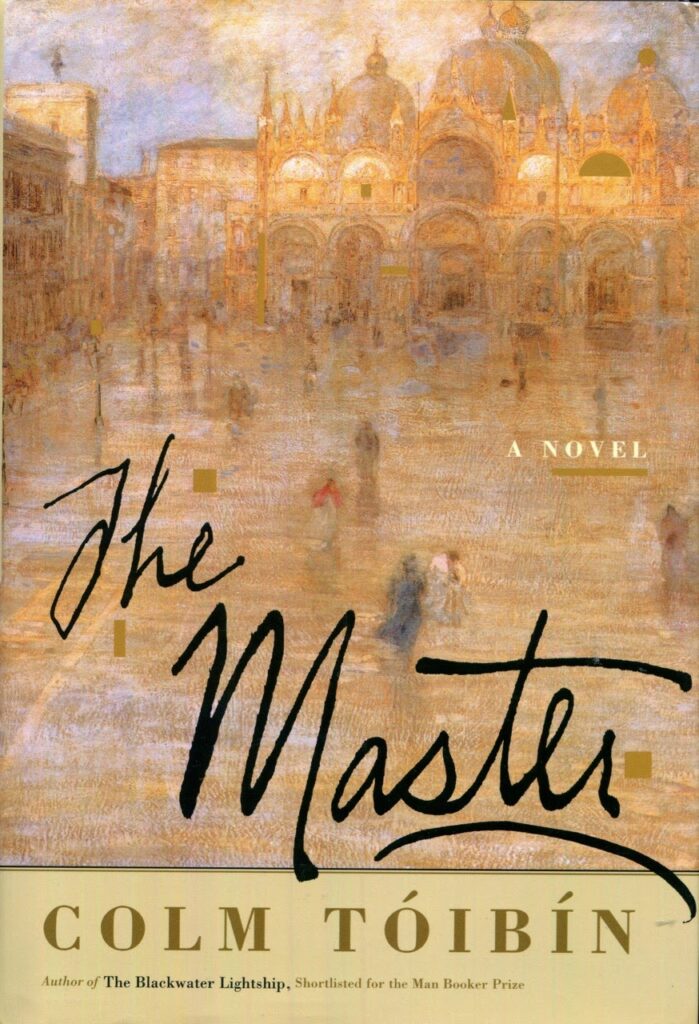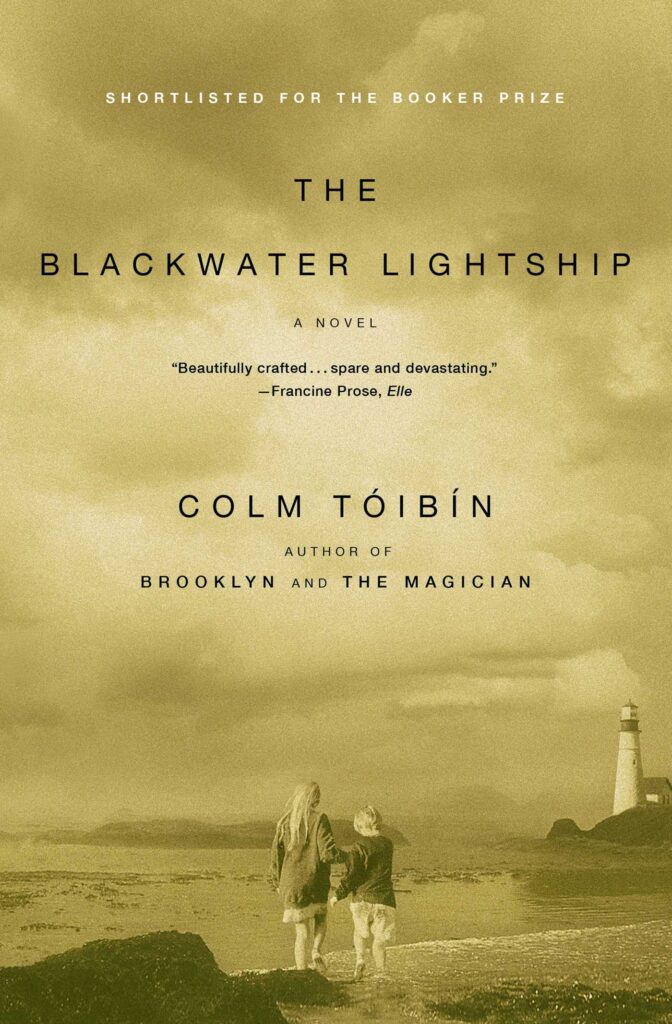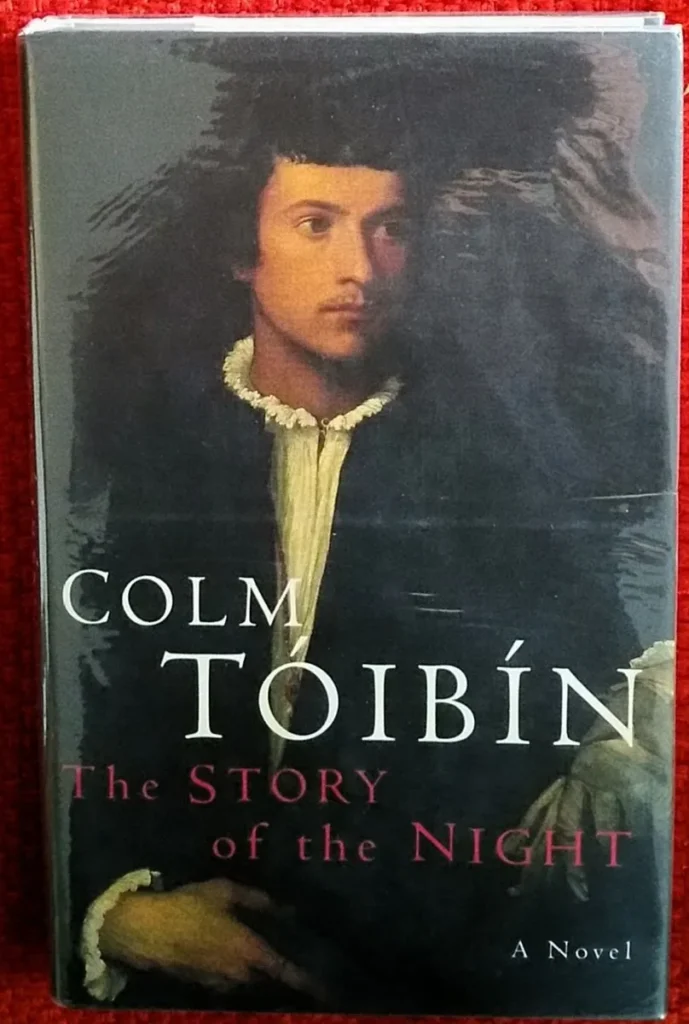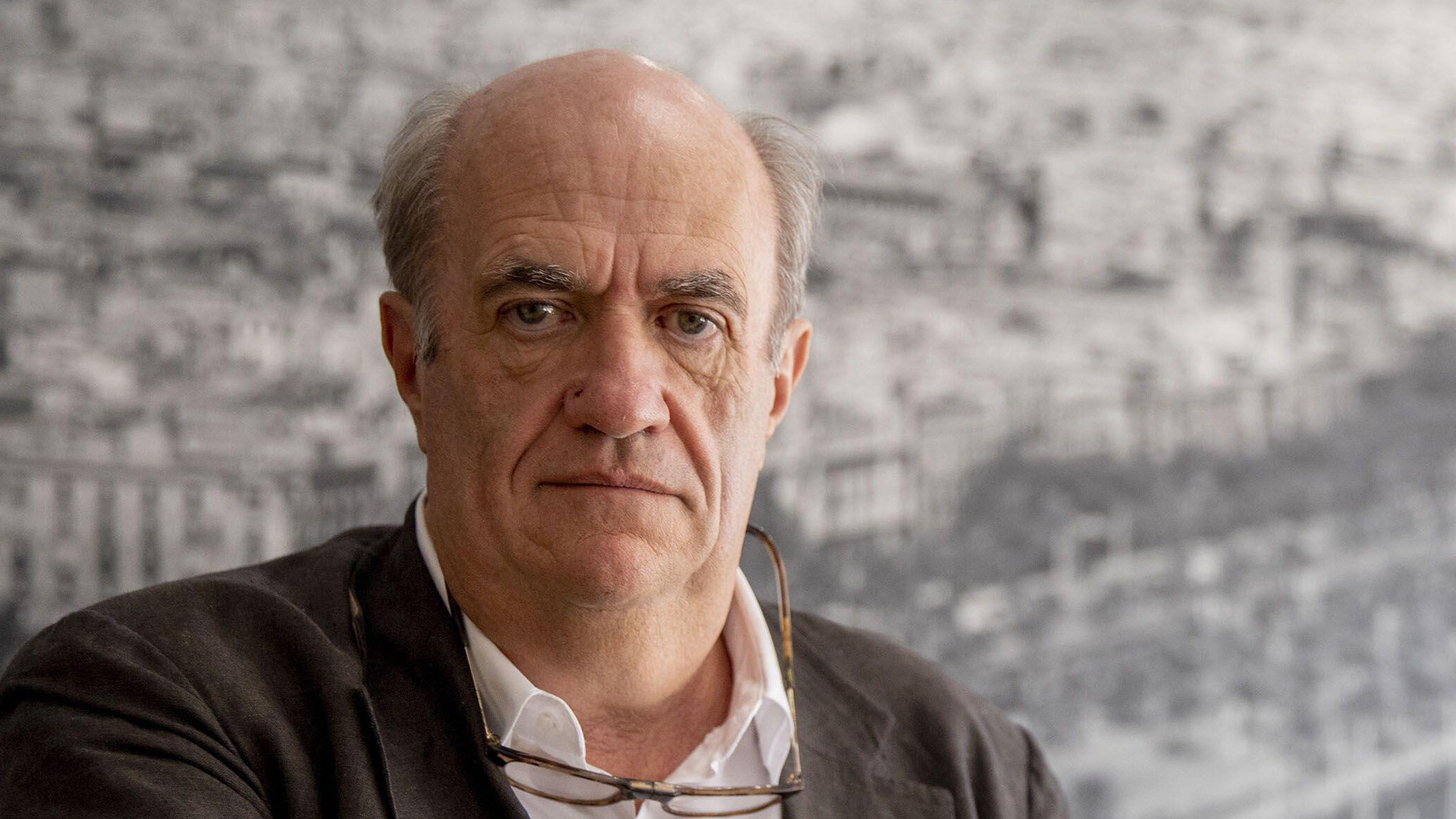Colm Tóibín’s works have long served as the foreground for exploring gay and Irish identities. Here are some of his best works and why you should read them.
Colm Tóibín is a man of many hats: writer, essayist, journalist, professor of literature and creative writing. He also held the office of the chancellor of the University of Liverpool till 2022. Tóibín is one of the leading contemporary Irish writers and is known for his staggering literary output. His works of fiction are known for their delicate portrayals of life in Ireland, as well as the subtle works of historical fiction centred around gay writers. Social intricacies, manners, play of relations, and thwarted and repressed desires are the bread and butter of Tóibín’s creations.
Tóibín has been publishing fiction and criticism in the mainstream Irish and British literary circles since the late 1980s. In his 2002 essay collection, Love in a Dark Time: Gay Lives from Wilde to Almodovar, he recounted his experiences as a gay man in Ireland. In his fiction, Tóibín prominently conceptualizes the erotic often as something silenced or controlled, veined with melancholy and unease, disconnected from liberal contemporary culture.
Major Works of Colm Tóibín
Since the publication of his first novel, The South (1990), Tóibín has published ten more books of fiction, a few collections of short stories, essays, plays, and poems. He regularly contributes to leading newspapers in New York, Dublin and London. His contributions to the world of travel fiction mostly focus on Ireland. Some of his best-known works, Brooklyn being the most popular among them, are often variations of his preoccupation with a distinctly Irish culture of silence and repression. Rootlessness and repression manifest jointly; revelations and epiphanies emerge only in secret.
The Blackwater Lightship (1999) and The Master (2004) were shortlisted for the Booker Prize. His best works tend to be psychological portrayals of conflicted and tormented people, often surrounded by their worlds crumbling around them (quite literally in some instances: The Heather Blazing, a character lingers on in a house on a cliff where half the house has collapsed onto the beach below). His prose in his works of historical fiction has an extraordinary quality of reproducing the voice of the writer in question, which is no mean feat, considering he has written about Henry James and Thomas Mann. The best of his works are about people living in voluntary exile – social or sexual; his settings are intricately recreated images of bygone days.
They are subtly littered with unsaid truths and unfold at a leisurely pace. Without further ado, let’s jump into the best works of Colm Tóibín:
The Master (2004)

His 2004 novel The Master is a work fictionalizing the life of Henry James, the colossus of American literature and scion of one of the prominent intellectual families in the country. The novel follows a period of four years in James’ life, from 1895 to 1889, beginning with the disastrous failure of his play Guy Domville to his secluded life in an English town, a period which was to become the most prolific and creative times in James’ life. As often reflected in Tóibín’s writings, literary creativity comes in silence and isolation. Henry James is another one of his uprooted protagonists, having left the United States for Europe and better futures.
Colm Tóibín captures James’ voice with a punishing clarity. The psychological interiority of James’ characters is extrapolated to their creator: there is an atmospheric silence and an unvoiced desire running through the story. Henry James’ works were characterized by their sophistry. Tóibín’s James, similarly, is an aesthete of the highest degree, sublimating his attraction towards men into literary worlds of secretiveness and unmentionable sexuality. For a novelist to portray another creative mind at work is a difficult task, but one that Tóibín nonetheless succeeds at with stunning precision. Hints, perceptions, and images appear and congeal into tales in James’ thoughts. Tóibín also pits Oscar Wilde as James’ nightmare counterpart (a charismatic, dazzling man who is forced to defend his private life before the public), whereas James would prefer to control revelations about his life from others as well as himself. Contemporary critical readings of Henry James often stress the relationship between the control and suppression with which James sculpted his life and his writings. Tóibín chooses to imagine that this unfulfilled yearning is not a tragedy; it is aestheticized and sublimated into closeted renderings of eroticism.
In short, The Master is a contemplative work that conceptualizes a gay identity that finds refuge in the closet as well as crucial inspiration for his art.
The Blackwater Lightship (1999)

In Ireland in the late 1990s, Helen finds out that her brother Declan has been ill with AIDS for several years without telling her. Consequently, Helen, her mother, Mary, and her grandmother, Dora, come together to overcome and mend their past disagreements and set aside history if they are to tend to Declan. Declan himself wishes to spend his last few days at his grandmother’s remote seaside home, of which he has fond memories from his childhood. As the fractured family reunites to prepare for an untimely death and an impending mourning, Declan’s illness forces them to reconsider their relationship.
The Blackwater Lightship is an archetypal narrative of the struggles of the dissident and non-conforming Irish bourgeois. This is an Ireland where homosexuality has only recently been decriminalized. The country is just beginning its economic ascent. Told from the perspective of Helen, The Blackwater Lightship, however, is not an AIDS narrative from an established writer but an examination of a dysfunctional family. Tóibín pictures the hurting and healing done by families with great care and tenderness. The book is an exploration of family bonds and grief, deep-rooted resentments faced by the mortality and the bodily decay and deterioration that follows AIDS. It is a slow-moving work that plumps the depths of familial history and memory. It lingers on in the senses as an evocation of people and places.
The Story of the Night (1996)

Tóibín’s earliest work of gay fiction and his third novel takes him to Argentina in the 1970s. Told entirely through a first-person narration, Tóibín situates his protagonist, Richard, in Buenos Aires. Richard is an outsider, born to an English mother, and is further marginalized by his covert homosexuality, which he hides from his mother. He is stuck in a job he despises and spends his time cruising at a sauna to pick up partners, all the while oblivious to the political reckoning taking place around him. Argentina is emerging from a military dictatorship and is poised on the verge of the Falklands War, which was followed by a neoliberal turn in its economy. Richard quickly adapts to the new freedoms afforded by this turn. As the war is fought, lost, and won, Richard emerges into a new self.
In The Story of the Night, sex and political entanglements run parallel to each other. Richard finds himself implicated in shady political deals and soon takes up a job as a translator for international oil money. His covert political involvements find their echo in his closeted sexual life. Tóibín, as always, constructs his worlds as carefully fitted with details and inconsequential, everyday occurrences that contribute to the novel’s sense of setting. People and places swirl around Richard as he goes through his life in a tumultuous time.
There are drugs, sex, and violence aplenty, but Colm Tóibín’s strength is in his characters. Richard is an observant introvert. His friends are shrewd, charismatic, intelligent, and enigmatic. The mingling of many personalities adds to this more sensational-than-usual novel of Tóibín’s. The book is a meditation on honesty, integrity, and political ambiguities. Richard walks in two worlds; he lives on the surface, but his sexual encounters take place under the cover of darkness, in the depth of night. The truth of Argentina and Richard himself is revealed only by his leaving. The Story of the Night is perhaps the most unlikely entry in Tóibín’s bibliography.
Why You Should Read Colm Tóibín
Colm Tóibín is brilliant at chronicling the mundane as well as the sublime. From his rich depiction of the inner workings of a writer’s mind to the movement of people and history of countries, the ingredients of Tóibín’s novels transmute everything into revelations: family relations, places visited, the daily habits of friends and acquaintances and even strangers—all these speak to the movements of his characters’ hearts and precipitate into something resembling truth. His prose leans towards the spare and the restrained but never quite austere. His imagined Ireland is beautiful; the mood of the land turns snobbish, sincere, and severe in his works. There is a recurrent preoccupation with matters both private and public, or rather, how one should create and present oneself at all when the public is anathema to them. His protagonists are restrained and silent, their desires ambiguous and faintly present. Readers will find in his work covert engagements with the erotic, which often serves as a narrative foil to other equally tormenting dilemmas. Tóibín is especially rewarding for those fond of historical fiction and narratives of self-concealment and tumultuous identities.

